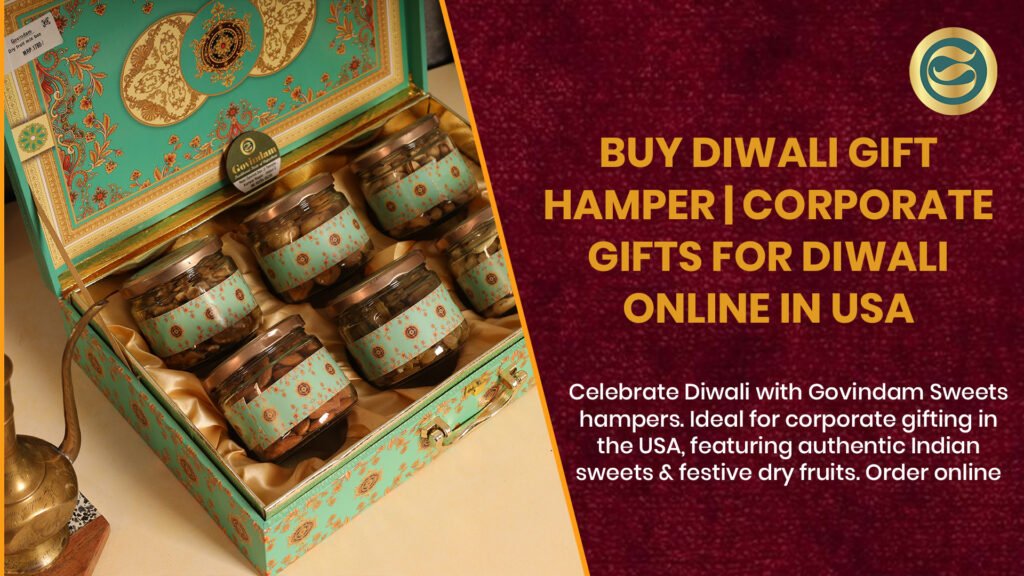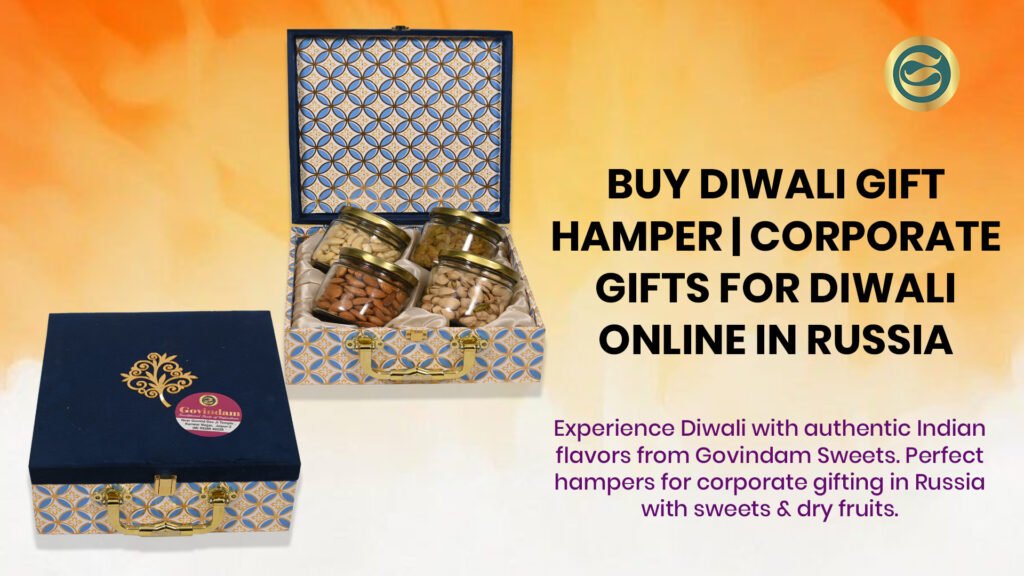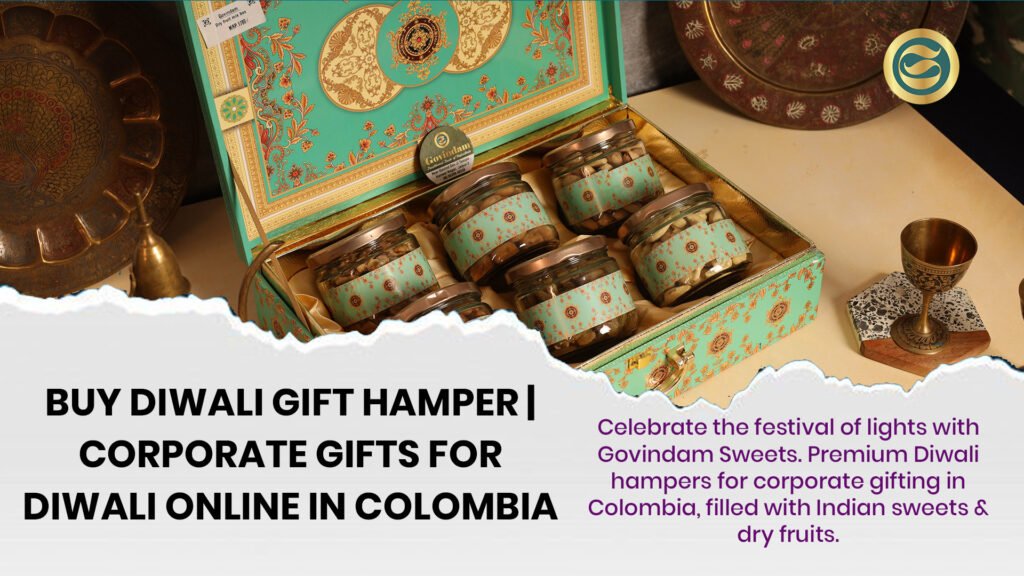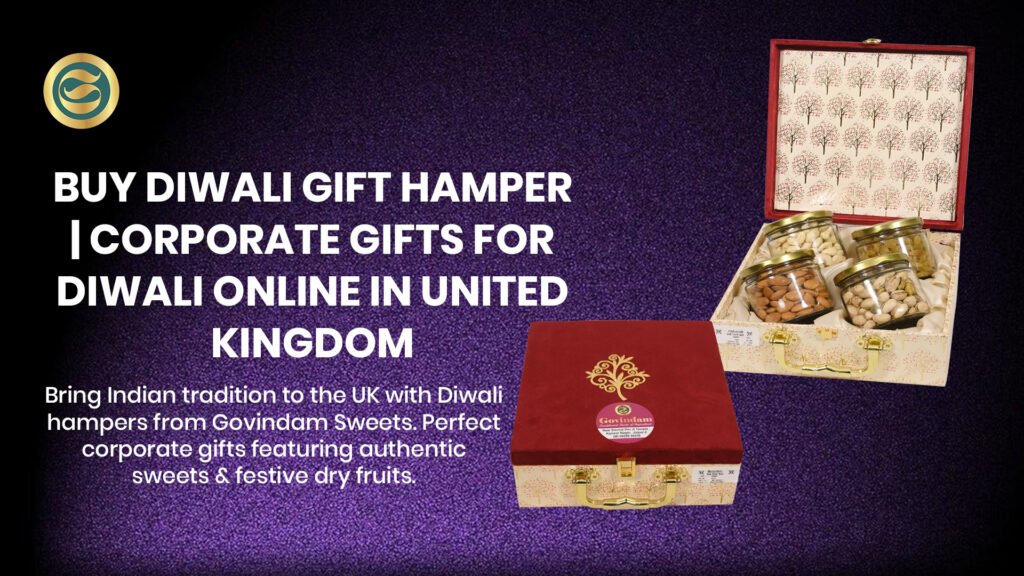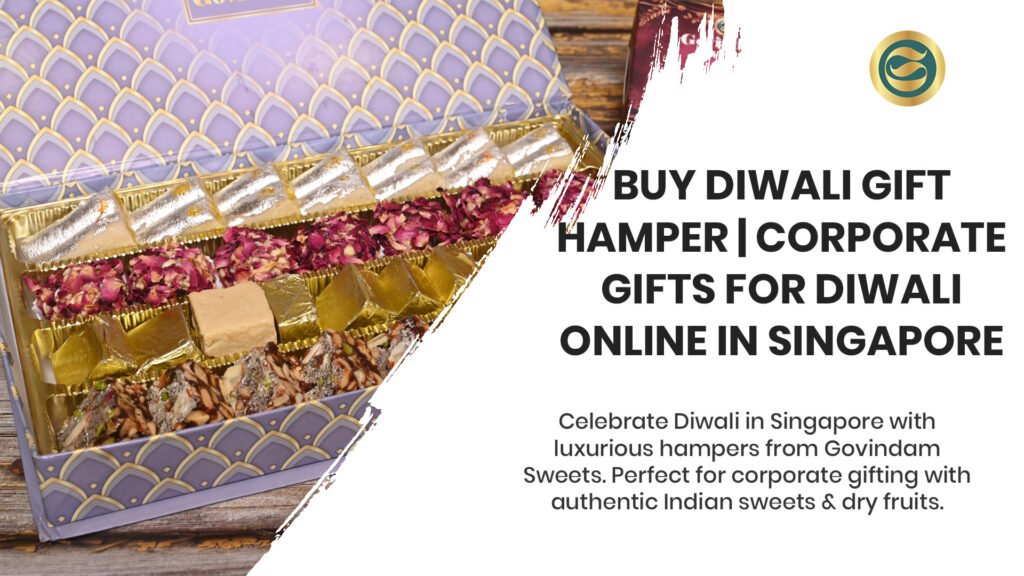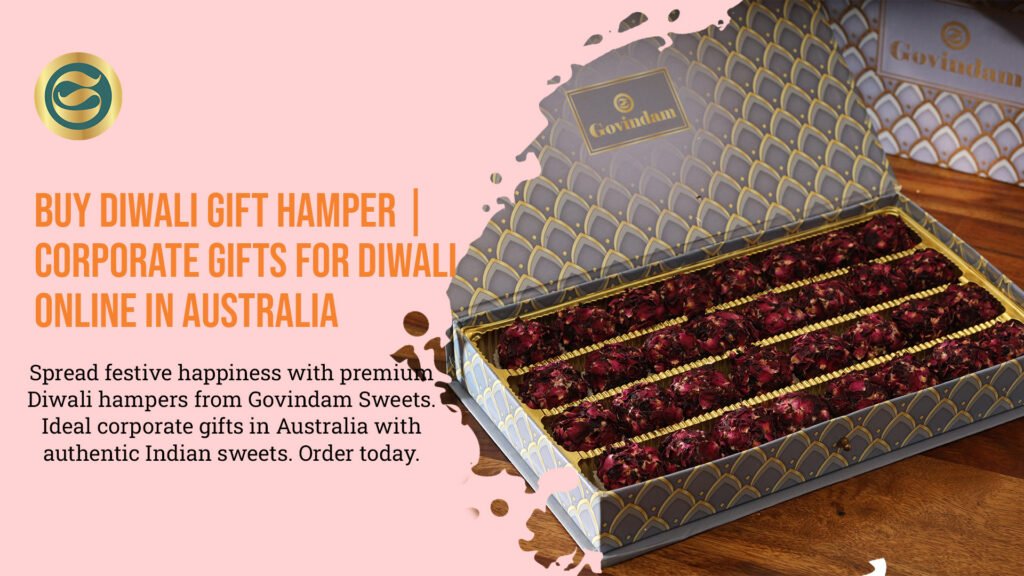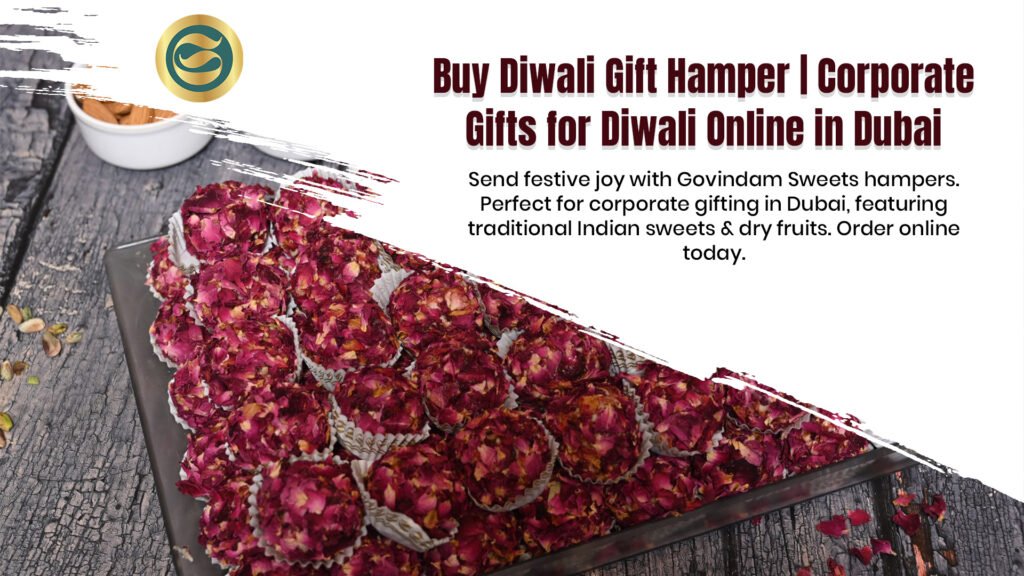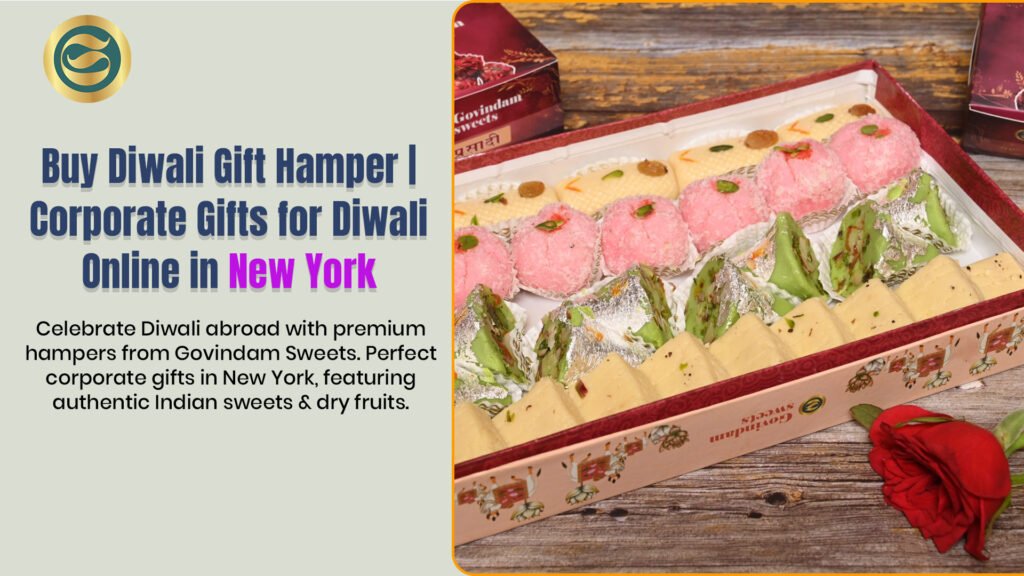
Posts
Vladimir Putin’s Favorite Sweets During India Visits: A Speculative Exploration

Explore speculative discussion about Vladimir Putin diplomatic sweet offerings during high-level state visits to India, understanding cultural protocols, traditional Indian dessert selections for international dignitaries, Russian sweet traditions, cross-cultural culinary diplomacy, and how Indian confectionery serves as cultural ambassador in international relations contexts requiring careful consideration and cultural sensitivity.
Vladimir Putin’s Favorite Sweets During India Visits: A Speculative Exploration
Important Disclaimer: Speculation and Limited Public Information
This article is explicitly speculative in nature. Specific information about Vladimir Putin’s personal sweet preferences during India visits is not comprehensively documented in public sources, and what little information exists comes from occasional media reports, diplomatic protocol descriptions, and general knowledge about state visit customs. This exploration examines diplomatic food protocols, cultural contexts surrounding state visits, types of sweets typically featured in such occasions, Russian sweet traditions that might inform preferences, and broader principles of culinary diplomacy—rather than claiming definitive knowledge about personal tastes that remain largely private matters for security, diplomatic, and personal reasons.
Understanding diplomatic sweet offerings during high-level state visits requires appreciating multiple contexts: the careful cultural protocols governing official hospitality, security considerations affecting food service, dietary preferences and restrictions that diplomatic staff communicate in advance, symbolic functions that food choices serve in international relations, and practical realities that busy state visit schedules create regarding meal timing and food selection. These contexts reveal more about diplomatic practice, cultural representation, and international protocol than about individual preferences, making this discussion valuable for understanding cultural diplomacy despite limited specific information about any particular leader’s tastes.
While Govindam Sweets specializes in Rajasthani traditional excellence through our comprehensive collection including Ghewar and Balwan Laddu, exploring how Indian sweets feature in international diplomacy enriches understanding of traditional confections serving as cultural ambassadors representing India’s culinary heritage globally. This examination focuses on diplomatic protocols, cultural exchange principles, traditional sweet selections for state occasions, and broader significance of food diplomacy in international relations—acknowledging throughout the speculative nature given limited verified information about specific personal preferences.
Diplomatic Protocol and State Visit Food Service
Security and Advance Planning
State visits involving major world leaders involve extensive advance planning regarding all aspects including food service. Diplomatic security protocols require advance disclosure of all menu items, ingredients, preparation methods, and serving staff for security vetting. This planning involves coordination between host nation diplomatic officials, visiting delegation advance teams, security services from both countries, and hospitality venues where meals occur. The complexity ensures safety while accommodating dietary requirements, cultural sensitivities, and symbolic objectives that official meals serve in diplomatic contexts.
The advance communication regarding dietary preferences, restrictions, allergies, or cultural requirements typically occurs through diplomatic channels weeks or months before visits. This information remains confidential for security reasons, with final menu decisions made by host nation officials balancing guest preferences against symbolic objectives of showcasing national cuisine and cultural heritage. The careful protocols explain why definitive public information about specific food preferences remains limited—security and diplomatic discretion override public curiosity about seemingly trivial matters that actually involve significant planning and sensitivity.
Cultural Representation Through Cuisine
Official meals during state visits serve multiple diplomatic functions beyond basic hospitality. Food selections represent national identity and cultural heritage, demonstrate respect through careful attention to guest backgrounds and preferences, create informal contexts facilitating relationship building beyond formal negotiations, and provide media opportunities showcasing friendship and cultural exchange between nations. These symbolic functions make food choices politically significant despite appearing superficially as mere hospitality courtesies.
The balance between showcasing host nation cuisine and accommodating guest preferences requires diplomatic skill and cultural knowledge. Hosts typically feature national specialties representing culinary excellence and regional diversity while avoiding unfamiliar preparations that might seem alienating or disrespectful. This balance ensures meals achieve diplomatic objectives—demonstrating hospitality, showcasing culture, and creating comfortable environments—rather than becoming sources of discomfort, cultural misunderstanding, or diplomatic incidents that poor food choices occasionally create in international relations contexts.
Russian Sweet Traditions and Cultural Context
Traditional Russian Desserts and Preferences
Understanding Russian sweet traditions provides context for considering what might appeal to Russian officials during India visits. Traditional Russian desserts emphasize:
- Honey-based sweets: Historical Russian sweet-making before widespread sugar availability relied heavily on honey, creating preference traditions that persist in some preparations
- Dairy-rich desserts: Smetana (sour cream), tvorog (cottage cheese), and milk feature prominently in Russian desserts
- Moderate sweetness: Russian sweet preferences tend toward less aggressive sweetness than some other traditions
- Fruit preserves and jams: Varenje and other fruit-based sweets hold traditional importance
- Tea accompaniments: Russian tea culture creates strong sweet-tea pairing traditions
These traditional preferences might inform but don’t determine contemporary choices since Russian cuisine has evolved significantly, urban sophisticated palates differ from rural traditional preferences, and individual tastes vary regardless of cultural backgrounds. Additionally, diplomatic contexts differ from personal home consumption, with officials potentially appreciating exposure to host nation specialties regardless of how closely they match home preferences.
Soviet and Post-Soviet Sweet Evolution
Russian sweet traditions evolved significantly during Soviet period and subsequent decades. Soviet-era standardization affected traditional regional diversity, sugar availability increased dramatically changing preparation norms, international exposure through diplomacy and travel broadened culinary awareness, and contemporary Russian cuisine represents complex blend of traditional, Soviet, and international influences. This evolution means contemporary Russian officials’ sweet preferences likely differ considerably from historical traditional patterns, making speculation based solely on traditional Russian desserts potentially misleading.
The cosmopolitan backgrounds of Russia’s diplomatic and political class create additional complexity—extensive international travel, exposure to diverse cuisines, sophisticated urban tastes, and professional contexts requiring culinary adaptability all shape preferences beyond simple cultural tradition determinism. This sophistication suggests openness to quality traditional preparations from various cultures when presented appropriately within diplomatic contexts respecting cultural protocols and dietary considerations.
Types of Indian Sweets Featured in Diplomatic Contexts
Premium Traditional Preparations
Indian sweets featured in diplomatic contexts typically emphasize several criteria:
Quality Excellence: Only highest quality preparations from established reputable sweet makers ensuring taste excellence, hygiene standards, and consistent quality appropriate for prestigious occasions.
Cultural Representation: Selections showcasing India’s regional diversity and sweet-making heritage—potentially including specialties from multiple states representing national culinary breadth rather than single regional tradition.
Visual Appeal: Attractive presentation creating impressive displays suitable for formal occasions and photographic documentation that state visits generate.
Moderate Exotic: Balance between distinctive Indian character and accessibility for international palates potentially unfamiliar with extremely challenging flavors, textures, or ingredients.
Safe Preparation: Items prepared fresh with known ingredients, avoiding long preservation times or questionable storage that security protocols would reject.
Common Diplomatic Sweet Selections
Based on publicly reported information from various state visits and diplomatic occasions, commonly featured Indian sweets include:
Kaju Katli (Cashew Fudge): Mild flavor, attractive appearance, premium positioning, and widespread appreciation make this frequent choice for international contexts.
Gulab Jamun: Recognizable, moderately sweet, familiar fried-dough-in-syrup format similar to desserts in other cultures creating comfort through partial familiarity.
Rasgulla: Light texture, mild sweetness, distinctive character without being extremely challenging, and Bengali heritage representing regional diversity.
Barfi Varieties: Various milk-based fudges offering flavor diversity (coconut, pistachio, plain) while maintaining accessible format and premium quality perception.
Regional Specialties: Occasionally featuring distinctive preparations like Rajasthani Ghewar, Bengali sandesh, or South Indian mysore pak showcasing regional excellence and cultural breadth.
The actual selections for any specific visit depend on season (some sweets like Ghewar have seasonal associations), venue capabilities, advance intelligence about preferences, and diplomatic objectives for particular visits. This variability explains why definitive statements about what was served remain limited to specific documented occasions rather than general patterns.
India-Russia Relations and Cultural Exchange
Historical Diplomatic Ties
India and Russia (previously Soviet Union) maintain long-standing diplomatic, economic, and cultural ties spanning decades. This relationship history creates familiarity contexts where repeated interactions enable learning about preferences, building personal relationships transcending formal protocols, and developing mutual understanding including food cultures. Long-term diplomatic relationships often create institutional knowledge about what works well in hospitality contexts, though this knowledge typically remains internal to diplomatic establishments rather than becoming public information.
The cultural exchange dimensions of India-Russia relations include educational exchanges, cultural programs, tourism, and various people-to-people connections creating broader awareness beyond official diplomacy. These connections mean Russian officials visiting India might have prior exposure to Indian cuisine including sweets, creating different reception context than visits from officials of countries with less historical connection and cultural exchange with India.
Contemporary Strategic Partnership
Contemporary India-Russia strategic partnership emphasizes multiple cooperation areas—defense, energy, trade, technology, and cultural exchange. High-level visits serve these partnership objectives with meals and hospitality contributing to overall relationship atmosphere despite not being primary focus. The strategic importance makes hospitality details including food service receive careful attention ensuring smooth execution contributing positively to visit objectives rather than creating unnecessary complications through cultural insensitivity or logistical failures.
Speculation Versus Verified Information
Importance of Source Evaluation
When encountering claims about specific food preferences of world leaders including Putin’s sweet choices during India visits, critical evaluation of source credibility proves essential. Verified information comes from:
- Official diplomatic communications (rarely disclosed publicly)
- Reliable media outlets reporting based on diplomatic sources
- Official photographs or videos showing actual service
- Statements from hospitality venues or chefs involved (sometimes shared after events)
Speculative information often originates from:
- Social media claims without verification
- Clickbait articles making definitive assertions without sources
- Assumed preferences based on stereotypes or limited information
- Confused reporting mixing different occasions or leaders
The distinction between verified facts and speculation matters for intellectual honesty and avoiding spreading misinformation about topics that, while seemingly trivial, can affect diplomatic perceptions or create false narratives about international relations and cultural exchanges.
Ethical Considerations in Speculation
Engaging in speculation about leaders’ personal preferences raises ethical questions about privacy, respect, and appropriate public discourse boundaries. While food served at official public functions becomes legitimate subject of public interest and documentation, private preferences and personal matters deserve respect regardless of public figure status. The balance between legitimate public interest in diplomatic protocols and cultural exchange versus inappropriate invasion of privacy or speculation about personal matters requires thoughtful consideration and restraint.
The approach in this exploration maintains ethical boundaries by:
- Clearly labeling speculation as such rather than presenting as fact
- Focusing on general diplomatic protocols and cultural contexts
- Discussing publicly documented occasions when specific information available
- Respecting privacy by avoiding intrusive speculation about personal matters
- Emphasizing educational value regarding cultural diplomacy rather than gossip
Indian Sweets as Cultural Ambassadors
Representing National Heritage
Indian sweets in diplomatic contexts serve as cultural ambassadors representing India’s magnificent culinary heritage, regional diversity, and preparation excellence to international audiences. The careful selection, quality preparation, and appropriate presentation all contribute to national image projection and cultural diplomacy objectives that official visits serve beyond immediate political or economic discussions. This representative function makes traditional sweet makers like Govindam Sweets important cultural stakeholders when their preparations potentially feature in high-level diplomatic contexts.
Explore our Festival Special collection representing Rajasthani heritage excellence. The pride communities take when regional specialties feature in national or international contexts demonstrates how food connects to identity and cultural representation. Whether Rajasthani Ghewar, Bengali sandesh, or any other regional excellence, featuring in diplomatic contexts brings recognition and pride to regional traditions while showcasing national diversity that India’s cultural richness embodies.
Creating Cross-Cultural Understanding
Shared meals and food experiences contribute to cross-cultural understanding and relationship building that formal negotiations alone cannot achieve. The informal contexts that dining creates, the sensory experiences that food provides, and the cultural meanings that traditional preparations carry all facilitate human connection transcending political or economic transactions. This diplomatic function makes hospitality and food service important components of international relations despite appearing superficial compared to treaties, agreements, or policy discussions.
The exposure to traditional sweets during diplomatic visits can create lasting impressions, memories, and even preferences that visiting officials carry forward. Positive food experiences contribute to overall visit success and relationship development, while negative experiences or cultural insensitivity can create unnecessary friction or discomfort affecting diplomatic atmospheres. The importance justifies careful attention that diplomatic establishments dedicate to hospitality planning and execution.
Practical Realities of State Visit Schedules
Time Constraints and Meal Timing
The demanding schedules of state visits create practical constraints affecting food service. Official meetings, public appearances, travel between venues, security protocols, and packed agendas leave limited time for elaborate meals or extensive culinary exploration. This reality means sweets featured in state visits typically appear in specific contexts—formal banquets, tea receptions, cultural programs, or brief hospitality moments—rather than extensive tasting experiences that leisure tourism might enable.
The time constraints favor familiar comfortable preparations over challenging exotic options requiring explanation or acquired taste development. Diplomatic hosts typically select sweets that international guests can appreciate immediately without extensive cultural context or multiple tastings developing preference. This pragmatic consideration affects selections toward more accessible options rather than extremely distinctive regional specialties that might be culturally significant but challenging for unfamiliar palates.
Dietary Considerations and Restrictions
Modern diplomatic protocol requires accommodating various dietary considerations—allergies, religious restrictions, health requirements, vegetarian or vegan preferences, and personal choices. The advance planning process typically identifies these requirements enabling appropriate menu planning. For sweets specifically, common considerations include:
- Sugar restrictions (diabetes or health consciousness)
- Nut allergies (many Indian sweets contain or contact nuts)
- Dairy restrictions (most traditional Indian sweets are milk-based)
- Vegetarian requirements (generally not issues for sweets but gelatin or certain additives matter)
- Alcohol content (some sweets incorporate alcohol though most don’t)
These considerations require flexibility and multiple options ensuring all guests can participate in dining experiences without discomfort, health risks, or cultural/religious violations. The accommodation demonstrates respect and thoughtfulness that diplomatic hospitality requires regardless of hosts’ own dietary norms or cultural practices.
The Govindam Sweets Commitment to Excellence
Heritage Quality for All Occasions
While we cannot claim direct connection to any specific diplomatic events or leaders’ preferences, Govindam Sweets maintains quality standards making our preparations appropriate for any prestigious occasion requiring traditional excellence. Our generations of heritage expertise, authentic preparation methods, quality ingredient commitments, and cultural respect ensure products worthy of representing Rajasthani confectionery tradition whether serving everyday customers, festival celebrations, or hypothetically any context requiring premium quality Indian sweets.
Visit our online platform exploring authentic Rajasthani preparations including Ghewar varieties and Balwan Laddu representing desert state’s finest sweet-making traditions. Our commitment to excellence ensures every customer—regardless of background or occasion—receives quality products honoring traditional standards and cultural heritage.
Cultural Pride and Traditional Preservation
The pride we take in Rajasthani traditional excellence reflects broader importance of preserving regional sweet-making heritage across India. Whether preparations potentially feature in diplomatic contexts or serve everyday community consumption, maintaining authentic quality standards, traditional preparation methods, and cultural respect matters for heritage preservation and future generation transmission. Supporting quality traditional sweet makers throughout India—Rajasthan, Bengal, Gujarat, Tamil Nadu, or any region—contributes to cultural preservation and artisan community sustainability beyond immediate consumption satisfaction.
Contact us about franchise opportunities extending traditional excellence to new markets and communities through proven systems and comprehensive support.
Conclusion: Food, Diplomacy, and Cultural Exchange
This speculative exploration of sweets during high-level state visits to India reveals more about diplomatic protocols, cultural exchange principles, and traditional Indian confections serving as cultural ambassadors than about any specific leader’s preferences. The limited verified public information, combined with security and privacy considerations, makes definitive statements impossible and inappropriate. However, the broader contexts—careful diplomatic planning, cultural representation objectives, traditional sweet selection criteria, cross-cultural understanding facilitation—offer valuable insights into how food functions in international relations beyond mere hospitality.
The significance lies not in cataloging presumed favorites but in appreciating how traditional Indian sweets represent national heritage in international contexts, how diplomatic protocols balance showcasing culture with accommodating preferences, and how food diplomacy contributes to relationship building and cultural exchange transcending political or economic transactions. Whether any particular sweet featured in specific visits remains less important than recognizing traditional Indian confections’ role as cultural ambassadors representing India’s magnificent culinary diversity and preparation excellence globally.
The exploration reminds us that food carries meanings beyond nutrition or pleasure—cultural identity, diplomatic significance, heritage representation, and human connection all manifest through careful food selection, preparation, and service in contexts ranging from intimate family gatherings through international diplomacy. Respecting these meanings while maintaining intellectual honesty about what we know versus speculate demonstrates maturity in discussing topics where curiosity intersects with limited public information and appropriate privacy boundaries that even public figures deserve regarding personal preferences and private matters not legitimately subject to public scrutiny.
Indian sweets—whether from Rajasthan, Bengal, Gujarat, or any region—deserve celebration and preservation not because of whose favorites they might be, but because they embody cultural heritage, artisan excellence, and shared memories connecting communities across generations regardless of fame or political prominence consuming them.




